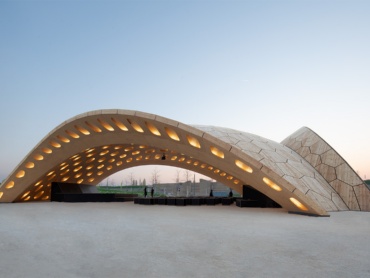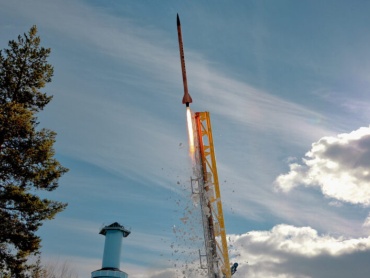
Digital Humanities has a long tradition at the University of Stuttgart, dating back to the 1980s. Researchers at the University of Stuttgart explore and reflect on the opportunities and conditions that digitalization and the use of digital methods create for the humanities.
Digitality is therefore the subject, method and interface, with innovative research and teaching concepts that are developed in collaboration with computational linguistics and simulation science. This profile area combines the core competencies of the humanities with digital methods.
Close cooperation with archives, computing centers and international centers of excellence promotes interdisciplinary basic research and makes the Digital Humanities at the University of Stuttgart an important national and international hub.
The field of digital humanities serves as a model for the future of humanities disciplines. They establish a stable bridge between traditional humanities on the one hand and computer science, visualization, simulation science and computational linguistics on the other.
Prof. Kirsten Dickhaut, Managing Director of the Institute of Literary Studies
Research projects
[Photos: Antonio Rojas Castro, University of Tübingen, o.A., Jan Potente, Universitätsbibliothek Heidelberg, o.A., Bildmontage https://commons.wikimedia.org/w/index.php?curid=80023891, Alice Haarburger „Winterfenster“, Stadtarchiv Stuttgart, Source gallica.bnf.fr / Bibliothèque nationale de France]
Study
The University of Stuttgart offers a Master's degree in Digital Humanities. Students in the humanities acquire computer science skills and learn to integrate them with issues in the humanities. The project-oriented study program teaches practical methods and workflows for interdisciplinary collaboration and prepares students for activities in research as well as in the cultural and economic fields. The university also offers a combined degree course in Romance Studies / Digital Humanities, which also integrates Art History. This approach, which incorporates both text and image data along with their historical context, is unique in Germany.
Excellent conditions for research, studies and cooperation
You might also be interested in
[Photos: ICD/ITKE/University of Stuttgart, HyEnD / University of Stuttgart]
Kontakt

Kirsten Dickhaut
Prof. Dr.Deputy Director ILW / Head of Departments Romance Literatures I (French Studies) and II (Italian Studies)















